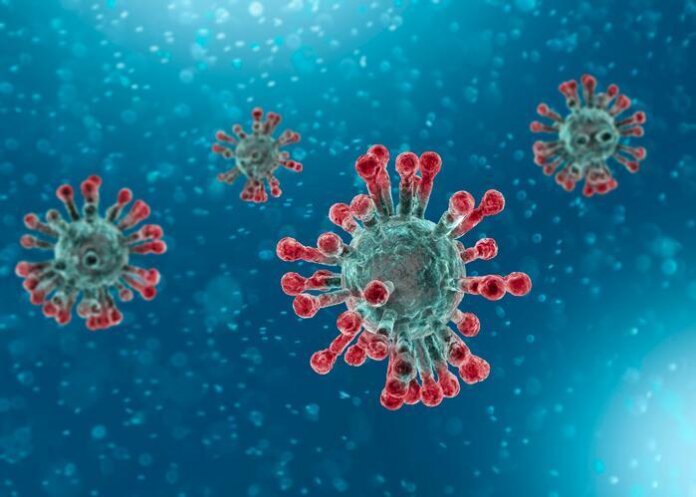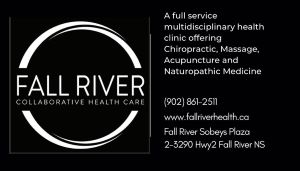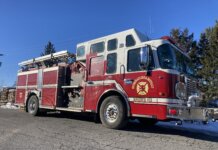EAST HANTS/FALL RIVER: Nova Scotia is reporting 17 new cases of COVID-19 and 74 recoveries. All the new cases are in Central Zone.
There is limited community spread in Central Zone. Eastern, Northern and Western Zones continue to be closely monitored for community spread.
As of today, Nova Scotia has 448 active cases of COVID-19. There are 40 people in hospital, including 16 in ICU. The median age of people hospitalized in the third wave is 52.5 for non-ICU, and 55.5 for people in ICU.
On May 30, Nova Scotia Health Authority’s labs completed 3,781 tests.
As of May 30, 583,873 doses of COVID-19 vaccine have been administered. Of those, 43,463 Nova Scotians have received their second dose.
Since April 1, there have been 3,825 positive COVID-19 cases and 19 deaths. Cases range in age from under 10 to over 90. There are 3,358 resolved cases. Cumulative cases may change as data is updated in Panorama.
Travel within Nova Scotia:
Nova Scotians should remain as close to their home and community as possible, unless travel is essential for work, caregiving, necessary shopping or medical appointments, including vaccination appointments. In this instance, ‘community’ is defined as one’s municipality or county. Detailed information is available at https://novascotia.ca/coronavirus/restrictions-and-guidance/ .
Testing advice:
Nova Scotians with or without symptoms can book a test at https://covid-self-assessment.novascotia.ca/en for primary assessment centres across the province. Those with no symptoms are strongly encouraged to use pop-up sites if they want to be tested.
More information on testing can be found at https://www.nshealth.ca/coronavirustesting .
Anyone with COVID-19 symptoms is advised to self-isolate and book a COVID-19 test. Everyone they live with must also self-isolate until the person receives their first negative test result. If the test is positive, public health will advise everyone about what to do.
Anyone advised by public health that they were a close contact needs to complete a full 14-day quarantine, regardless of test results. If the close contact is symptomatic, everyone they live with must also self-isolate until the person receives their first negative test result. If the test is positive, public health will advise everyone about what to do.
Symptoms and self-assessment:
Nova Scotians should visit https://covid-self-assessment.novascotia.ca/ to do a self-assessment if in the past 48 hours they have had or are currently experiencing mild symptoms, including:
— fever (i.e. chills/sweats) or cough (new or worsening)
— sore throat
— runny nose/nasal congestion
— headache
— shortness of breath/difficulty breathing
People should call 811 if they cannot access the online self-assessment or wish to speak with a nurse about their symptoms.
Anyone with symptoms should immediately self-isolate and book a test.
Quick Facts:
— a state of emergency was declared under the Emergency Management Act on March 22, 2020, and extended to June 13, 2021
— due to an increased number of investigations, the exposure category (i.e., travel, close contact or under investigation) is not available by release time; a breakdown by zone identifying exposure categories will no longer be provided regularly
Additional Resources:
More information on COVID-19 case data, testing and vaccines is available at: https://novascotia.ca/coronavirus/data/
Nova Scotians can find accurate, up-to-date information, handwashing posters and fact sheets at: https://novascotia.ca/coronavirus
Nova’s Scotia’s five-phase reopening plan, announced May 28, 2021: https://novascotia.ca/coronavirus/docs/reopening-safely-with-COVID-19-plan-overview.pdf





















